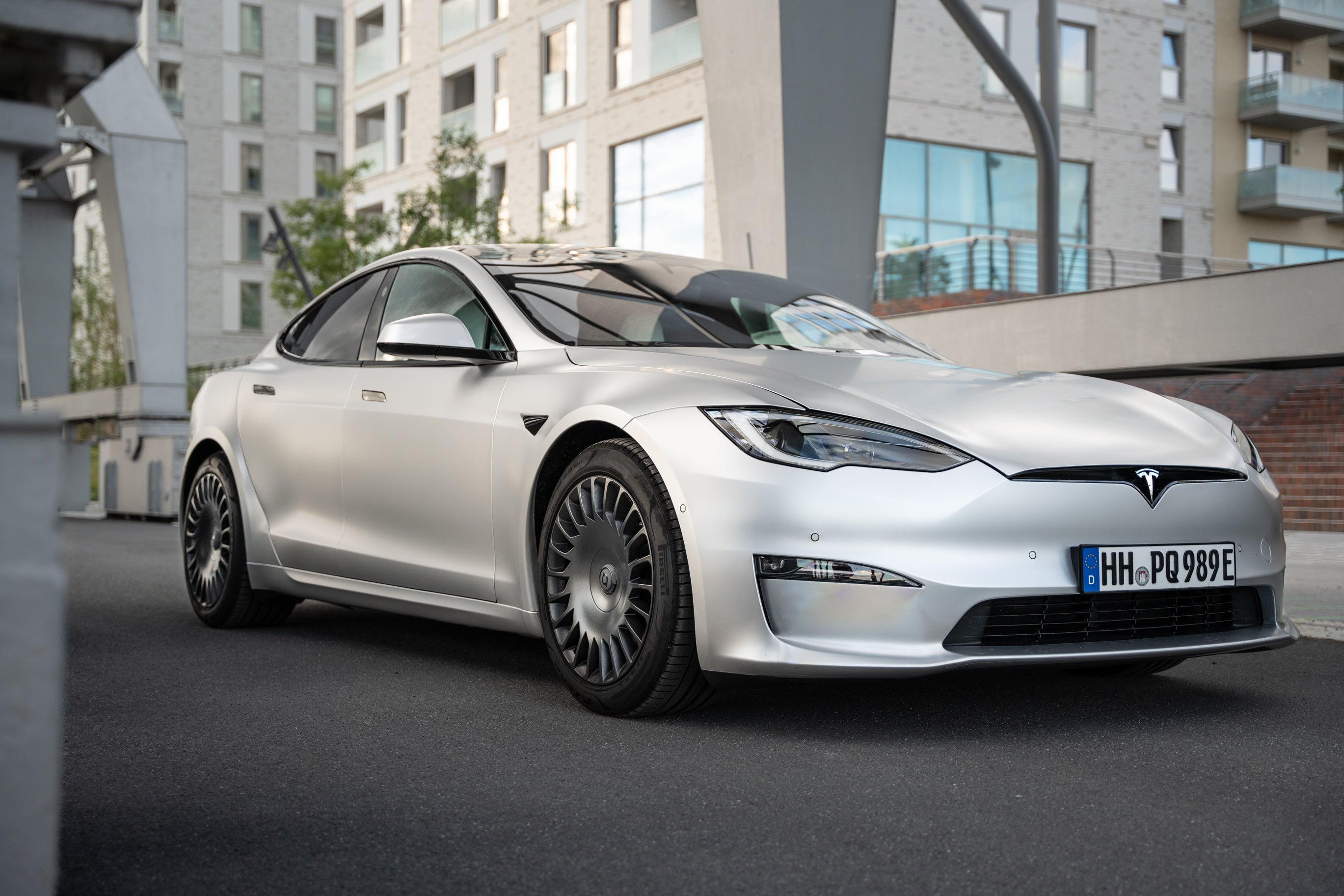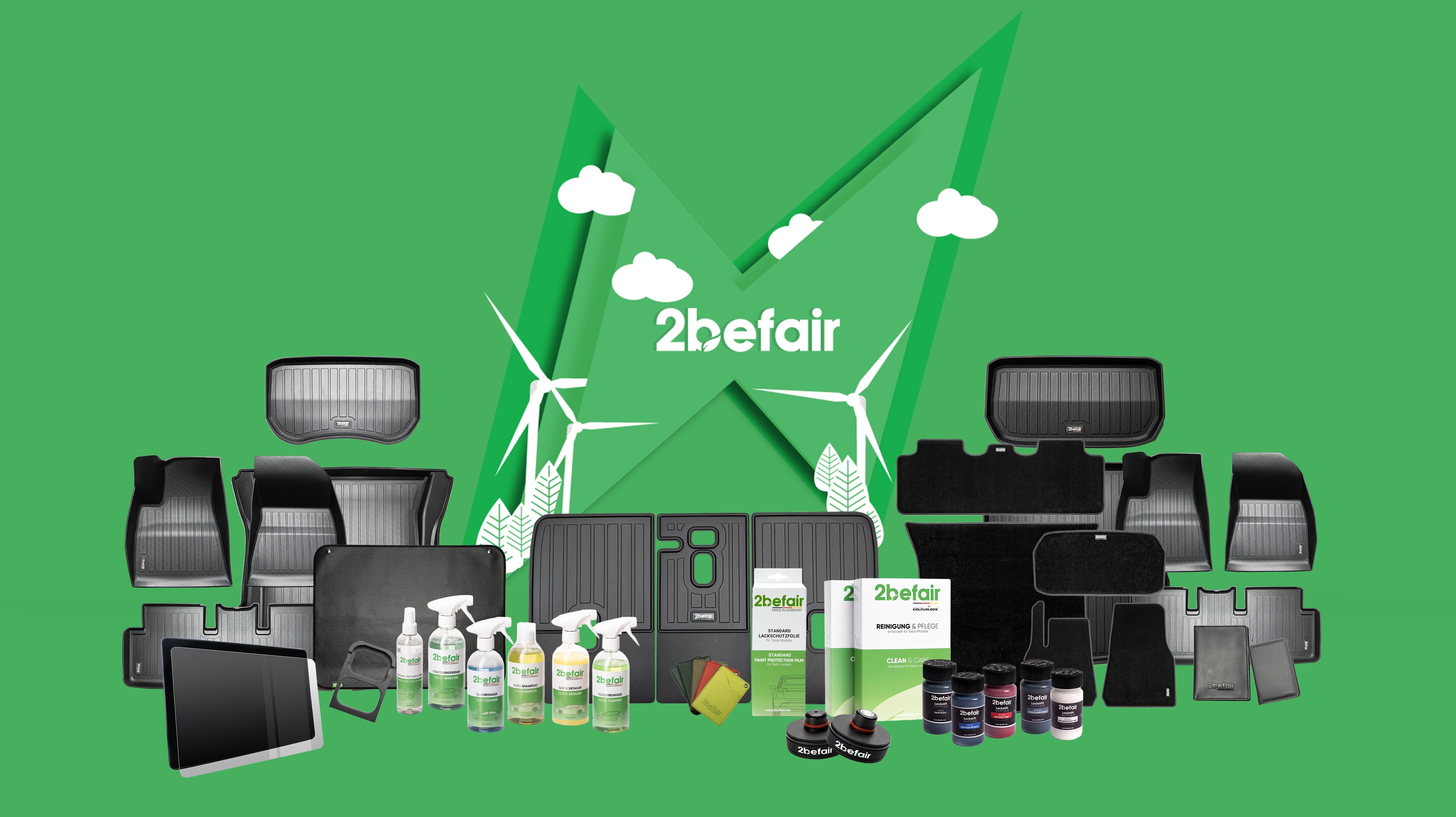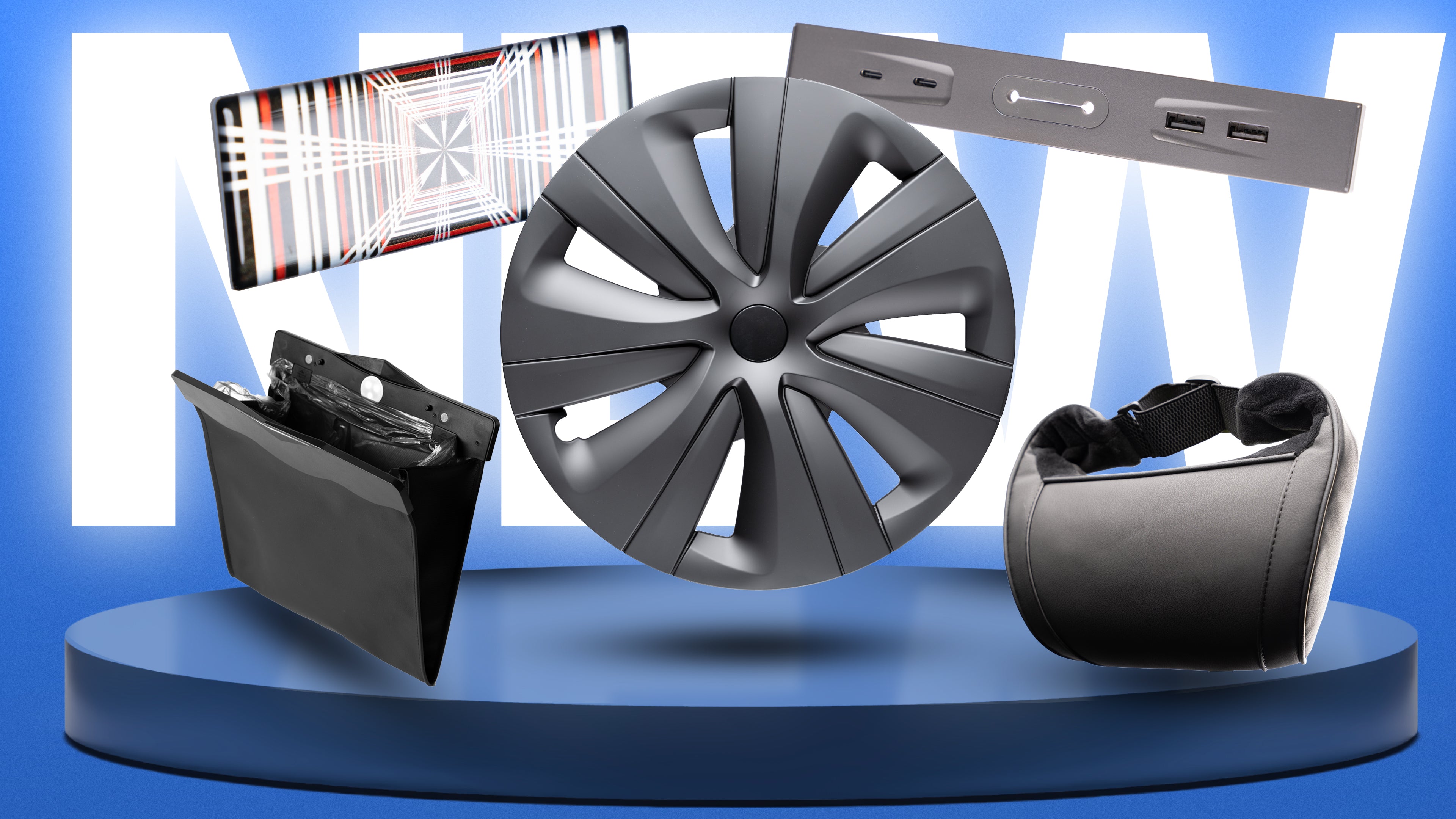Have you ever wondered why Tesla seems to have an advantage despite the new 25% tariffs on auto parts and vehicles in the USA? While many manufacturers suffer from the additional costs, Tesla is doing well thanks to its US-based production and strategically optimized supply chains.
US Auto Tariffs and Their Impact
With the import tariffs announced by Donald Trump, which take effect on April 2, cars and auto parts from Europe, Mexico, and Canada are set to become more expensive. These measures are intended to strengthen domestic production but particularly affect manufacturers that produce a large portion of their vehicles abroad.
-
General Motors:
GM is heavily impacted, as many models originate from Mexican plants—especially large pickups and SUVs, which are crucial for profit. -
Ford:
Although around 80% of Ford models sold in the USA are produced there, Ford still builds part of its EV lineup, like the Model Mach-E, in Mexico. -
Tesla:
In contrast, all models destined for the US market by Tesla are produced in plants in California or Texas. As a result, Tesla remains largely unaffected by the additional tariffs.
Strategic Advantages of Tesla
Tesla benefits in several ways from the new auto tariffs:
-
Local Production:
The US factories in Fremont and Texas enable Tesla to manufacture the majority of vehicles without import tariffs. -
Competitive Advantage:
While traditional manufacturers struggle with higher costs and longer supply chains, Tesla can keep prices stable through local production, thus further expanding its market position. -
Optimized Supply Chain:
Although Tesla also sources components from abroad, the high proportion of North American parts (particularly from the USA and Canada) ensures that Tesla is overall better positioned under the current tariff regulations.
Warnings and Uncertainties
Although Tesla is currently benefiting, Tesla themselves and other industry players warn of long-term consequences. An anonymous letter to the US Trade Representative indicates that additional tariffs on imported parts could also drive up Tesla's production costs – as not all components are available locally.
-
Reactions from the industry:
Ford described the tariffs as a "historic threat" to the industry, while the auto union UAW celebrated the measures as a success for US jobs. -
International trade conflicts:
Exporting countries like Europe, Japan, and South Korea could respond with countermeasures, which could further pressure global trade policy and make investment decisions more difficult in the long term.
Conclusion
The new US auto tariffs pose a significant burden for many automobile manufacturers – yet Tesla currently benefits from its US-based production and a robust, optimized supply chain. Despite warning voices about possible long-term cost increases, it is clear that Tesla has a clear strategic advantage compared to competitors who heavily rely on imports. It remains exciting to observe how international trade policy will develop and what measures Tesla will take in the future to meet these challenges.







































